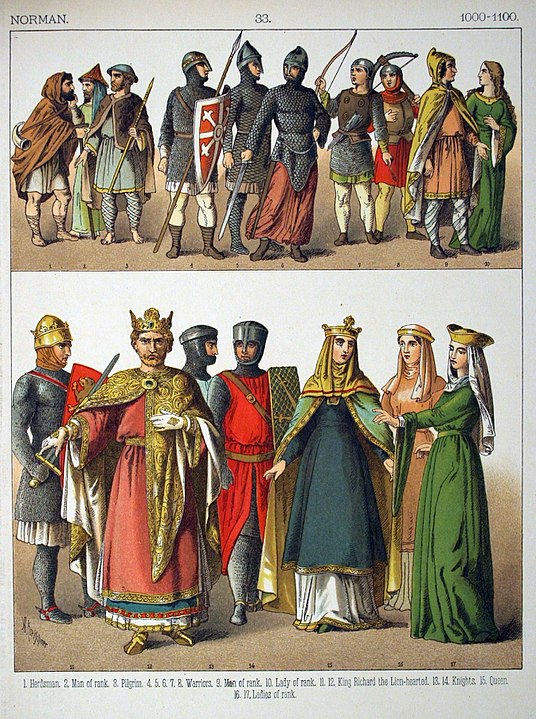1066: The Men Who Would Be King
Harold, England’s most powerful man, had made himself king. But as Ealdred, Archbishop of York, placed the crown upon his head, Harold knew he was going to have to fight to keep the throne. There were no fixed rules of succession in 11th-century England. The new king should, ideally, be a blood relative of the dead ruler but might trumped claims of blood. And the only available blood relative to Edward was the young – no more than 13 – Edgar Ætheling, the grandson of Edmund Ironside. ‘Ætheling’ is an Old English title meaning someone who is throneworthy: Edgar was a suitable candidate for the throne.
But the crown did not rest upon blood alone. The reigning king might nominate his successor, and the sources indicate that Edward, on his death bed, did give his blessing to Harold as the man to succeed him. Unfortunately, Edward had also made such a promise to William, Duke of Normandy, and probably to Edgar Ætheling’s father too – and thus to Edgar himself.
Finally, there was the choice of the magnates of England. A king could not rule without their assent and, in choosing the new king, theirs were the most powerful voices. Assembled as they were, there can be no doubt that England’s magnates chose Harold as king; a choice made easier by the fact that Harold had cemented an alliance with the new earls of Northumbria and Mercia, Morcar and Eadwine, by marrying their sister, Ealdgyth.
The cast had assembled. It remained for the fatal drama to be played to its end.

0 Comments